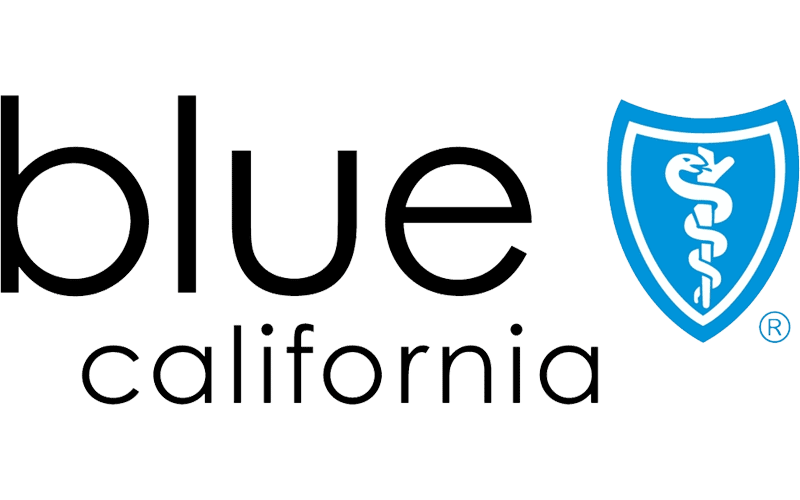Accepted health insurance plans






What are panic attacks?
Panic attacks are sudden episodes of intense fear or discomfort, often with physical symptoms like chest pain, shortness of breath, or dizziness. They usually peak within minutes and can feel overwhelming, even when there’s no clear danger.
With effective treatment and support, panic attacks can be managed. Psychiatric care can help reduce their frequency and restore a sense of calm and control.
6 million adults
experience panic
Each year, millions of U.S. adults have panic disorder. (ADAA)
Most don’t
seek treatment
Many live with panic attacks for years without getting support.
Panic is
highly treatable
With the right care, most people see major symptom reduction. (NIMH)
Usually starts
in early adulthood
Symptoms commonly begin between ages 20 and 24. (ADAA)
Treatment options we offer
Psychiatric evaluation & diagnosis
Differentiate panic attacks from other conditions with expert care.
Medication management
Medications can reduce attack frequency and ease symptoms.
Therapy referrals or combined care
We connect you with trusted therapists for CBT and coping tools.
Telehealth services
Receive expert care from the comfort of home.
Why choose us for panic attack treatment
Board-certified psychiatrists and psychologists
Experienced in diagnosing and treating panic disorders.
Personalized, evidence-based plans
Treatment tailored to your symptoms, needs, and lifestyle.
Confidential and compassionate care
No judgment—just understanding, care, and expert treatment.
We accept most major insurance plans
Aetna, Magellan, Cigna, Blue Shield, MHN, Healthnet.
7 signs of panic attacks you shouldn’t ignore
Everyone feels fear at times, but panic attacks can bring sudden, overwhelming symptoms that disrupt daily life. Left unaddressed, they may worsen or lead to avoidance behaviors.
Here are 7 signs of panic attacks you shouldn’t ignore—especially if they’ve been affecting you for weeks or months.
1Sudden intense fear or discomfort Panic attacks can strike without warning, leaving you overwhelmed and scared even in safe situations.
2Racing heart or chest pain A pounding heart, chest tightness, or palpitations may feel alarming and mimic medical issues.
3Shortness of breath or choking sensation Many feel unable to breathe fully, which can make panic attacks even more frightening.
4Dizziness or feeling faint Lightheadedness or unsteadiness is a common panic symptom that can heighten fear of collapse.
5Shaking, sweating, or chills Physical changes such as trembling, sweating, or sudden chills often accompany attacks.
6Feeling detached or unreal Some people describe feeling disconnected from themselves or their surroundings during attacks.
7Fear of losing control or dying A sense of impending doom or loss of control is one of the most distressing panic symptoms.
When to reach out for help
If panic attacks are disrupting your daily life, relationships, or peace of mind, you don’t have to face them alone. Baywell’s board-certified psychiatrists provide thorough evaluations, medication support, and therapy referrals to help you regain calm and control. Support is here—without judgment.
Questions or concerns?
If you need help, please call our office at 415-922-9122 and our receptionists will assist you. Zoom’s FAQ page may also help to answer some of your questions.
Zoom HIPAA compliance
The Zoom software used by Baywell is HIPAA compliant to protect your privacy and security in accordance with federal laws. We encourage our patients to review Zoom’s HIPAA compliance datasheet for more information.
Start managing panic attacks today
You don’t have to live in fear of the next attack. Our team provides confidential, compassionate care to help you regain control.
Call 415-922-9122 to get connected with a Baywell provider.
